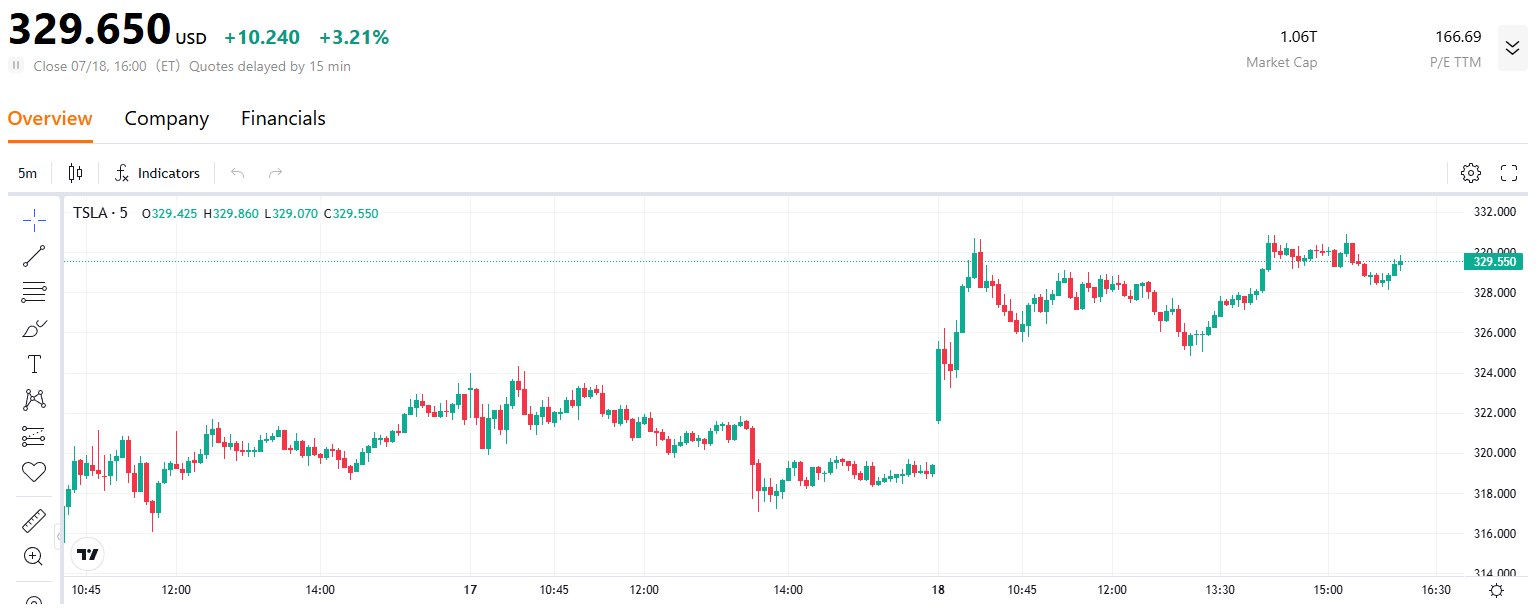Japan’s Political Landscape Shaken: Ruling Coalition Suffers Crushing Defeat in Upper House Election

TradingKey - On Sunday, July 21 (local time), Japan’s House of Councillors election results revealed a historic setback for Prime Minister Shigeru Ishiba’s ruling coalition.
The ruling coalition secured only 47 out of 128 contested seats in the election (LDP: 39 seats, Komeito: 8 seats). Combined with the 75 non-contested seats retained, the coalition’s total seats amount to 122 out of 248, falling short of the majority threshold. The opposition camp, securing 76 contested seats and retaining 48 non-contested seats, now holds a majority of 124 seats in the upper house.
This outcome marks the second consecutive electoral blow to the ruling Liberal Democratic Party (LDP), following its December 2024 House of Representatives defeat. Prime Minister Ishiba’s government now faces a "double minority" scenario, requiring opposition support to pass legislation and confronting a severe test of its governance foundation.
While Ishiba vowed to "continue fulfilling his duties," internal LDP dissent is intensifying. Taro Aso-led factions within the party have explicitly demanded his resignation, escalating power struggles within the ruling party.
A July poll by Japan’s Kyodo News shows Ishiba’s cabinet approval rating has plummeted to 20.8%, down 6.2 percentage points from June, the lowest since his October 2024 inauguration. This places his government in the "danger zone" (below 30% approval), with sub-20% ratings historically signaling political collapse.
Media analysts attribute the government’s defeat to its failure to address voters’ most pressing livelihood concerns. Japan’s core CPI surged 3.3% year-over-year in June, far exceeding the Bank of Japan’s 2% target. Despite government subsidies, households continue to grapple with soaring living costs.
On Monday, Asian markets reacted sharply: the USD/JPY pair gapped down at open, plummeting to the 147.87 level from Friday’s close of 148.84. The yen has since partially recovered, trading near 148.50.

(Source: TradingKey)







